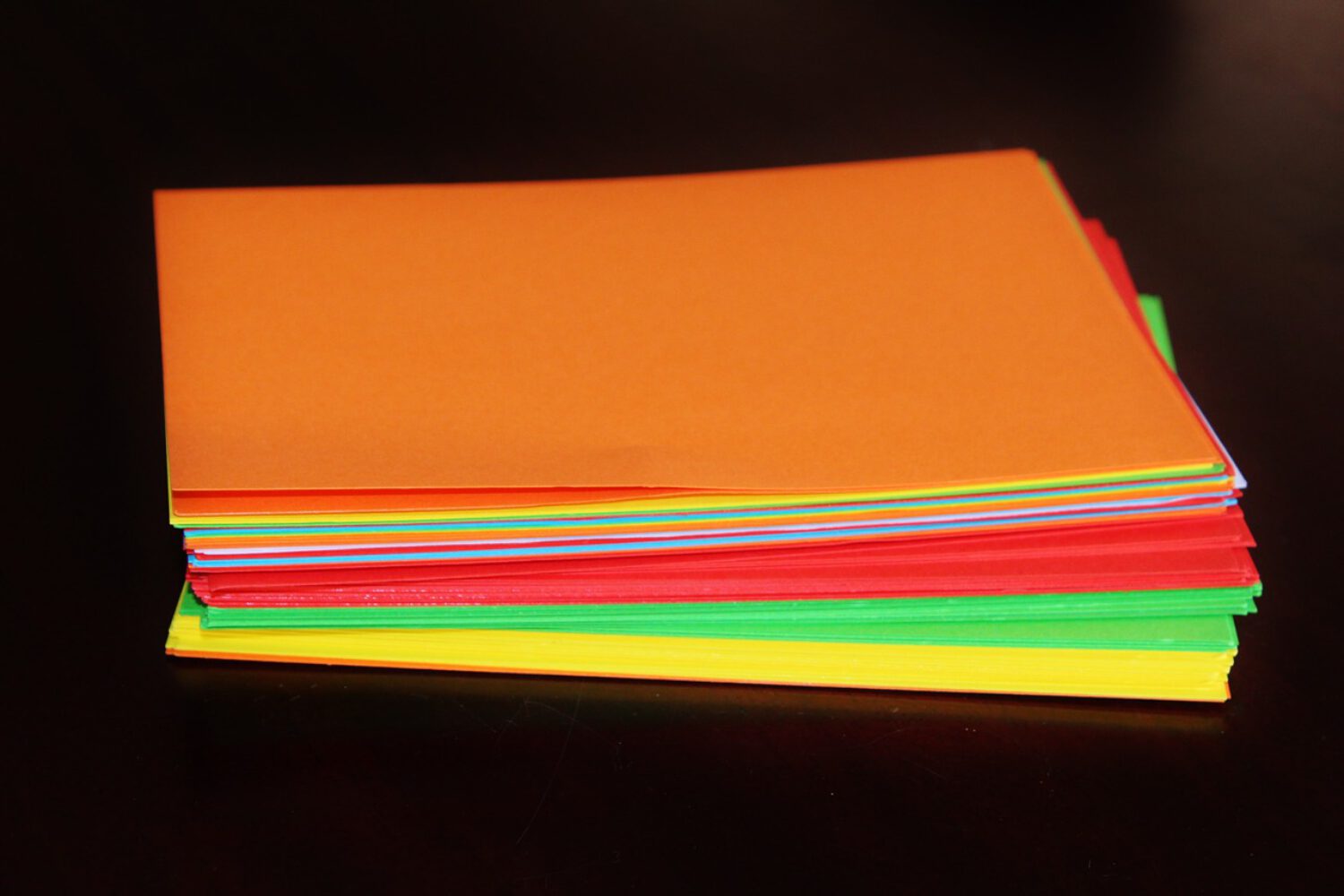A workshop can be an engaging, energetic and interactive platform to generate new ideas, improve processes or change the way people interact. The tricky part is: As a workshop leader you face the same challenge as a public speaker. Just like your speech can be brilliant or a lame duck, your workshop can be a high-flyer or another tombstone on the cemetery of boredom. It only depends on one person and one person only – you.
In my special format trainings I love to include 15-minute power workshops prepared and led by the seminar participants. Typical workshop topics are: effective meetings, how to give feedback, how to improve processes in department x, or how to build teams. Based on my experience the success of your workshop mainly depends on two factors: you, the workshop leader, and the format you choose.
Workshop leader
As a workshop leader have the following aspects in mind:
Be kindly authoritarian
Never ever lose your authority as workshop leader. You cannot allow even the slightest scratch. Interrupt “talkers”, intervene in misleading conversations. You are the boss! Smiling and kind – but the boss. If a participant doesn’t share critical information, insist. Be incisive! Until you get the information or action you asked for. If you let go, you lose all your authority in a split second.
Be direct
Be direct. Tell people what you want them to do. No conditional phrasing, no maybe, no potentially. Say what has to be said and make them do it.
Be PlusPlus
You create a 100% positive and constructive environment. When you hear words like “negative”, enter the discussion and correct the participant. In this case, for instance, tell the participant to replace “negative” by “improvable”. As a workshop leader always think constructive, always be PlusPlus!
Explain it well
Explain every task very well. Take your time. Repeat key points. Don’t rush. Ask, if everyone has understood the task. Is it clear? Have you understood?
Be energetic
Use vocal variety; make your body talk with power; be enthusiastic! When you notice that the energy level in the group goes down, do something about it – like another impromptu group work session or make one of the participants sing Karaoke. Anything is allowed. The energy level must always stay high!
Smile
No smile, no effective, powerful moderation. Smile!
Be on time
Time management is crucial in workshops. Plan your timings well. Give them exact time slots for group work sessions or the presentations of results. Interrupt them if necessary. Always stay on track. Time is professionalism.
Be committed
At the end of the workshop show personal commitment! You could say, for example, I will summarize the workshop results and organize 1:1 follow-up meetings with each one of you. The real success of a workshop depends on the aftermath. You are in charge, no one else.
Workshop format
Format and content build the second pillar of success.
Make it relevant
When you plan a workshop, make sure that title and content are relevant to the workshop attendees. Relevance is king! Otherwise they will say, Why should we care?
Wanted: Structure
Just like with speeches and presentations, you can also apply the Speech Structure Building™ to structure your workshop: Opening – A, B, C – Closing.
Example: Workshop on “Effective meetings”
Opening: You share some personal experiences about ineffective business meetings.
A: Meeting preparation
B: Meeting organization
C: Meeting follow-up
Closing: You summarize the results and make reference to your former experiences (drainpipe) and how future business meetings will be much more effective thanks to the contributions of all workshop participants.
Visualizations
Use the flipchart to visualize scenarios, tasks, or ideas. Images work much better than verbal explanations alone.
Creativity, creativity, creativity
You can create playful tasks (e.g. show how your team works as if you were an orchestra). You can use similes and metaphors as themes (e.g. Charisma is golf – what can we learn from golf to become more charismatic?). You can invent intriguing acronyms and keep the level of suspense high.
You have paper, you have flipcharts, you have pin boards, you have stores where you can buy joke articles.
As always, the sky is not the limit. As always, only dead fish swim with the flow. Be creative when you plan your workshop content!
Work in groups
Use group work a lot! Subgroups of two or three people – not more. Group work is more engaging and more active than 1:N communication with the entire workshop team. A neat side-effect: In small groups nobody can play around with their smart phones. Plus, you generate more and better results in less time.
Example: In my charisma seminars I let teams of two define 15 drivers of charisma. Time limit: 10 minutes. If it’s a group of eight, they define 60 charisma drivers. Subtracting redundant phrases, they usually come up with more or less 30 valid charisma drivers. In just 10 minutes. In a 1:N setting it’d be much harder to achieve the same results in terms of quantity and quality.
Interaction
Avoid monologue. Questions, dialogs, brainstorming sessions – interaction is always considered positive.
Summary
At the end of the workshop give a summary of all key learning points and results.
Point X
Think about one symbolic action that your workshop participants can take during or directly after the workshop. It will turn passive participants into committed action takers.
Example: For the last 45 minutes we have come up with and discussed a multitude of characteristics of leaders. Now I want you to take a piece of paper and write down one characteristic, one characteristic only, which you will improve in yourself. Write it down, fold the paper, put the paper in your pocket, and start working on that one characteristic.
For more inspiration on how to lead effective workshops, check out this article. Thanks, Casey Paul, for your persistence.


Sebastian Lora
Very useful. Keep up the good work, champ!
Dimitri
Excellent content mate!
Thanks a lot, really useful!
Tulia Lopes
Thank you Florian.
Taking it with me and sharing with others.
Well done.
T
Christine
Thanks!
Dear Florian,
very useful, excellent.
Conor Neill
Awesome timing… I had just written a post about the need to combine visionary speeches with the ability to teach – so that all the hope you create is made tangible by new capabilities http://conorneill.com/2013/06/07/explaining-the-advanced-visionary-communication-module/